Computational Fluid Dynamics (CFD) Blog Posts
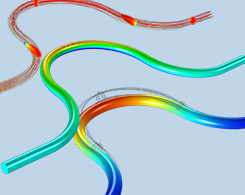
Modeling Aeroacoustics with the Linearized Navier-Stokes Equations
Get a comprehensive introduction to aeroacoustics modeling, as well as the linearized Navier–Stokes equations and how to implement them in COMSOL Multiphysics®.
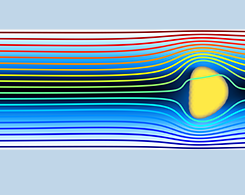
Investigating the Behavior of an Ancient Organism with CFD Simulation
Researchers used CFD simulation to study the behavior of an ancient organism called the Parvancorina in order to learn more about the ecosystem of the Ediacaran period, 635–541 million years ago.
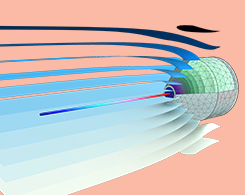
Analyzing a Probe Tube Microphone Design with Acoustics Simulation
Probe tube microphones are an important component in hearing aids. Learn about how you can use acoustics modeling to analyze the design and predict the performance of these devices.
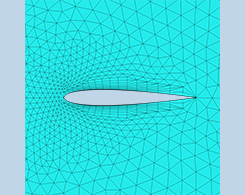
Which Turbulence Model Should I Choose for My CFD Application?
Modeling turbulence in the COMSOL® software? Find out which turbulence model you should use, depending on your CFD modeling scenario.
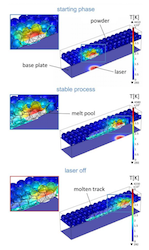
Analyzing Laser Beam-Matter Interaction in Selective Laser Melting
Selective laser melting is a common and important process in many types of manufacturing. You can model the interaction between the laser beam and matter for a closer look at this process.

Why Should I Use Automatic Wall Treatment for My CFD Modeling?
The automatic wall treatment functionality enables you to use low Reynolds number models for a wider range of CFD problems, but there are some factors to consider before implementing the feature.
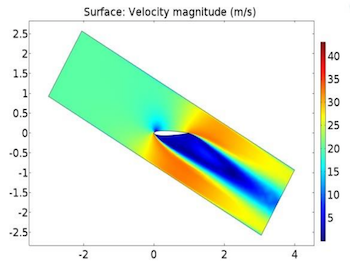
Improving Vertical-Axis Wind Turbine Efficiency with CFD Simulation
Vertical-axis wind turbines are easier to install and maintain than horizontal-axis devices, but they also have low peak efficiencies and struggle with starting torque. Enter CFD simulation.

How to Model Heat and Moisture Transport in Porous Media with COMSOL®
Modeling the transport of heat and moisture in porous media, like building envelopes and other construction materials, is a simple process with a predefined Heat and Moisture Transport interface.
